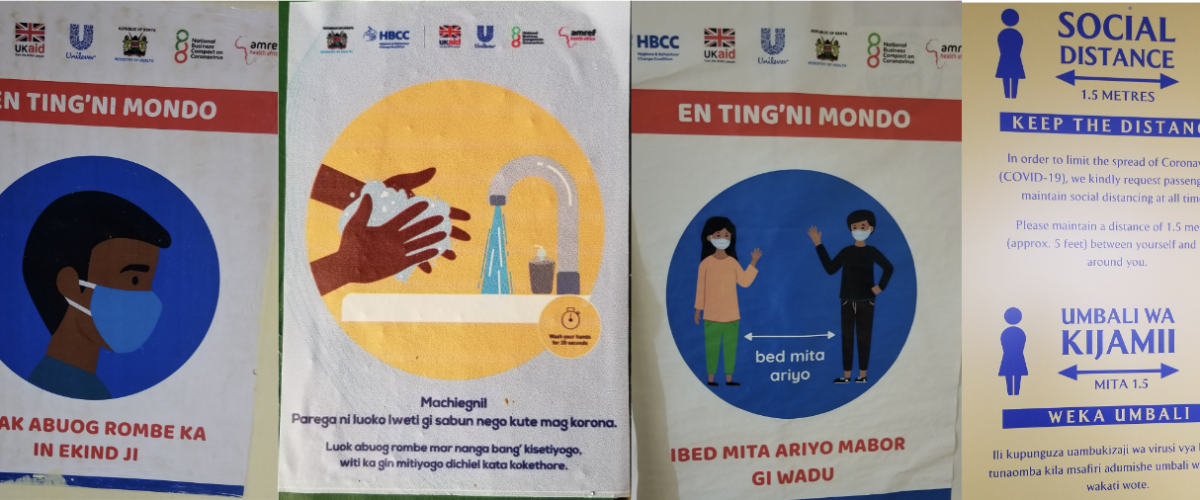SARHP 151 – Introduction to Health Professions
Through readings, discussion and written work, we explore the functions of the health and rehabilitation disciplines. An introduction to the health care system and social impact of health and disability is also considered especially with respect to allocation of resources to improve outcomes.
SARHS 325 – Introduction to Global Health
This course will provide students with an overview of the complex social, economic, political, environmental, and biological factors that structure the origins, consequences, and possible treatments of illness worldwide, as well as the promotion of health. Students will learn about the major themes and concepts shaping the interdisciplinary field of global health, and will gain an understanding of solutions to health challenges that have been successfully implemented in different parts of the world.
SARHS 440 – Qualitative Research Strategies in Global Health
Qualitative research methods are increasingly used in public health, and provide valuable insights into the local perspectives of study populations. This course provides practical strategies and methods for using qualitative research and includes the basic assumptions, approach and rationale for making qualitative research decisions, framing qualitative research questions, and designing appropriate research strategies. Examples will be drawn from current global health issues.
SARHS 435 – Social Determinants of Human Infectious Diseases in Ghana – BU Ghana Study Abroad
The context and conditions in which human activities and interactions occur greatly influences the health of human beings including prevalence and incidence of human infectious diseases. As such social inequities, and their health consequences, are not natural or inevitable. Changing practices and policies can help improve outcomes and extend lives. Thus, this course focusses on these conditions – the social determinants of health in Ghana and how the SDH interact with various human infectious diseases. Examples of topics include Socioeconomic Status, Employment & Working Conditions, Physical Environment, Gender & Culture, Policy and Healthcare Systems. Mixed teaching methods such as small and large group discussions, problem-based learning modules and lectures will be used.
SARHS 463 – Beyond Germs & Genes: Social Determinants of Health
This course will focus on the social determinants of health–the conditions in which people are born, grow, live, work, age and die. We will examine case studies from around the globe that reveal the ways in which health inequities are shaped by the distribution of resources, money, and power at the local, national and global level, and the critical role played by social policies in reducing or exacerbating these inequities.
SARHS 480 – Comparative Healthcare Systems
Health systems play an important role in improving life and well-being. Yet there is a profound gap between the potential of health systems and their actual performance. Today, countries around the globe face difficult choices and increasing challenges in organizing, delivering, and funding high- quality health care. In this course students will: understand the components, determinants, and approaches to the structure and outcomes of health care systems in low- and middle-income countries; learn trends in global health care reform and reform outcomes in country-specific contexts; and gain basic knowledge and skills to understand health care systems evaluations with a goal toward designing effective policy strategies that would improve health system performance.
